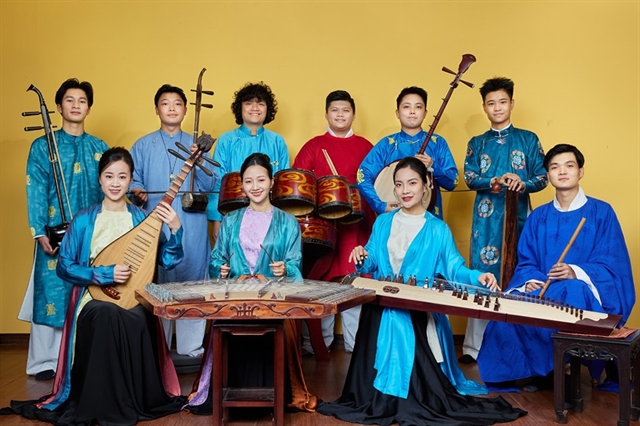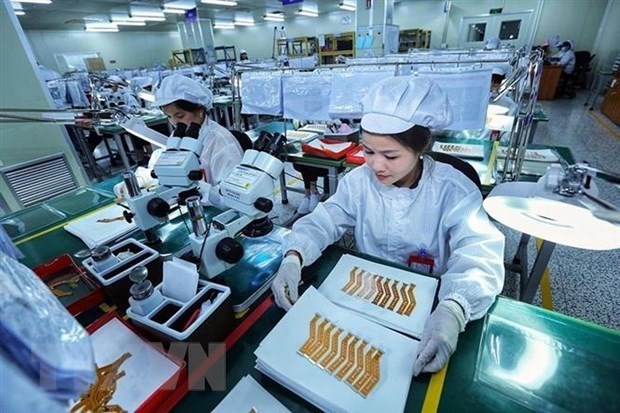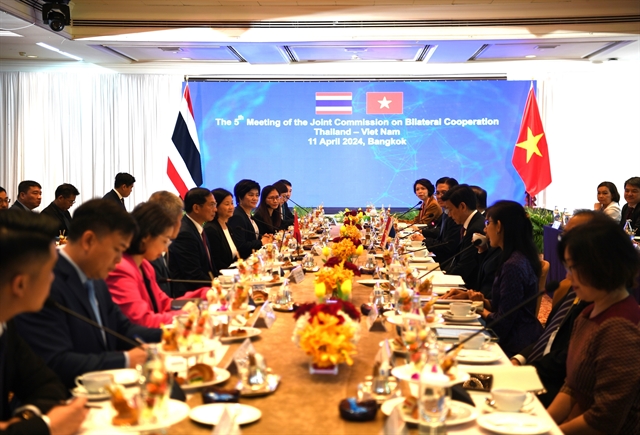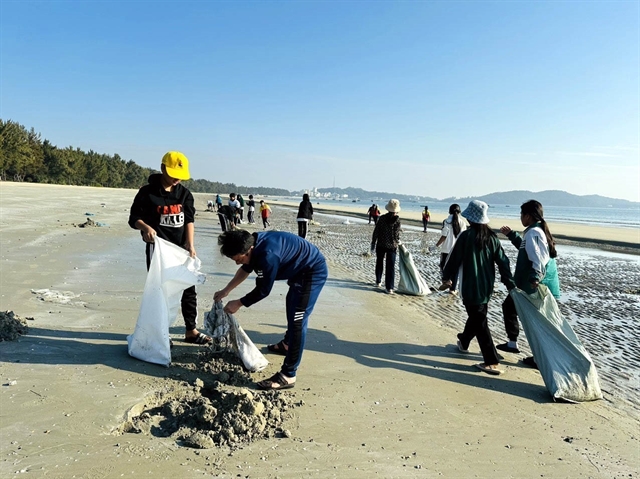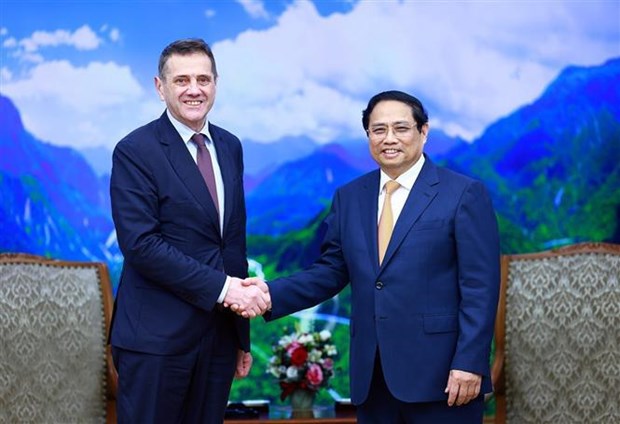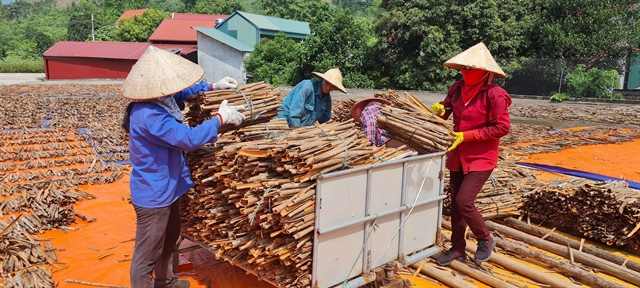

Nicaragua's influential bishops announced Wednesday they would convene opposing government and civil representatives this week in a bid to revive talks aimed at ending a violent political crisis that has left at least 152 dead.
MANAGUA — Nicaragua’s influential bishops announced Wednesday they would convene opposing government and civil representatives this week in a bid to revive talks aimed at ending a violent political crisis that has left at least 152 dead.
The announcement came as the country prepared for a "peaceful" nationwide strike to protest the government’s deadly crackdown on a two-month long popular uprising against President Daniel Ortega.
In a statement the Catholic clergy said they would on Friday morning formally make public both their mediation offer to Ortega along with his answer, which the country has been waiting for amid a sharp escalation in violence since the leftist leader met with members of the Church last week.
The bishops said they will submit their proposal and Ortega’s response "to debate to seek a consensus that responds to the people’s longing for justice, democratization and peace."
The Church previously called off negotiations after a protest led by victims’ mothers was met with violent repression last month.
Since then the Central American country has seen an uptick in police and pro-government paramilitaries attacking activists armed with slingshots and homemade mortars in an attempt to trample the anti-Ortega unrest.
Preparations for a nationwide 24-hour work stoppage, to begin Thursday at 12:00 am (0600 GMT), were meanwhile in full force, with mobs of people rushing to supermarkets to stockpile grains, milk and vegetables.
Jorge Esquivel, 60, voiced support for the strike -- which was to include all sectors besides those "related to the preservation of life and the coverage of basic services."
He said as he left a supermarket that "we have to make this sacrifice; in one day we will not die of hunger."
Economic upheaval
Mario Arena, director of the country’s Association of Producers and Exporters, estimated that the strike would result in a $25 to $30 million economic loss.
The private sector, once an Ortega ally, broke ties after the president unilaterally approved the ultimately scrapped bid to reform social security -- which initially triggered the civil unrest that began April 18 and exploded into a mass effort to pressure the president’s exit.
Mediating the crisis "has taken more time than the situation really justifies," Arana said. "The population is being repressed and this strike is to express discontent."
Activists have erected blockades on more than two-thirds of the country’s roads in a bid to fend off anti-riot forces and pressure Ortega into dialogue.
But the makeshift roadblocks have wreaked economic havoc: even in the unlikely scenario that the government "accepts an early negotiated exit" by the end of July, the Nicaraguan Foundation for Economic and Social Development (FUNIDES) estimates the country would post losses of $404 million and bleed 20,000 jobs.
FUNIDES anticipates Nicaragua would lose $916 million in added value and 150,000 jobs by December if Ortega stubbornly stays in office and protests continue.
At least 152 people have died in clashes with security forces and armed gangs loyal to Ortega, according to the Nicaraguan Center for Human Rights (CENIDH), which also said 1,340 had been wounded.
’Staggered civil war’
Facing violence from government-backed forces, some Nicaraguans appear ready to take up arms.
"For me, what is happening is a staggered civil war," said a student leader known as "El Gato" who is among the hundreds who have occupied Managua university grounds in protest for more than a month.
"Most of us don’t want to see it like that, but personally I think there is going to have to be a moment in this story when we’re going to have to arm ourselves to be on the same level as them," he said.
Ortega’s Sandinista guerrilla army ousted the Somoza dictatorship in 1979, installing a communist junta.
But even activists who had fought with Ortega are now turning on him and demanding he expedite the presidential elected slated for late 2021.
"El Gato," who covered his face with a bandana to mask his identity, said that Nicaragua was teetering at a breaking point before the protests.
"For many years, I have been observing and keeping silent for fear of reprisals," the 25-year-old said.
"I believe that this fight is just -- we are fortified in here to pressure the government and speak out against what it’s been doing against Nicaraguans," he continued, vowing to continue his struggle for "as long as it takes." — AFP

